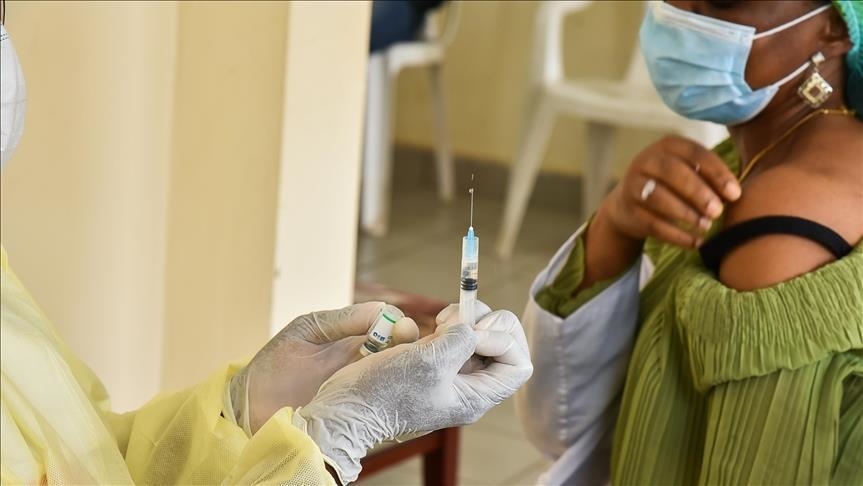GENEVA
Some 37 African countries are vulnerable due to the shortage of health workers, according to the updated World Health Organization (WHO) health workforce support and safeguards list released on Tuesday, while 55 countries are at risk of such shortage.
International health worker recruitment has accelerated fast as a consequence of COVID-19 effects and widespread disruptions to health services, the WHO said in a statement.
It noted that the countries’ health systems may suffer if they lose medical professionals to an international movement, which could impede their efforts to achieve universal health coverage (UHC) and health security.
Of the 55 countries, 37 are in the WHO African region, eight in the Western Pacific region, six in the Eastern Mediterranean region, three in the South-East Asia region, and one is in the Americas, it said, adding that eight countries have been newly added to the support and safeguards list since its original publication in 2020.
“Health workers are the backbone of every health system, and yet 55 countries with some of the world’s most fragile health systems do not have enough and many are losing their health workers to international migration,” WHO Director-General Tedros Ghebreyesus said.
“WHO is working with these countries to support them to strengthen their health workforce, and we call on all countries to respect the provisions in the WHO health workforce support and safeguards list,” Tedros added.
Stressing that the list should be used to inform advocacy, policy dialogue at all levels, and financing efforts, WHO said the countries included “have a UHC service coverage index below 55 and health workforce density below the global median: 49 medical doctors, nursing and midwifery personnel per 10,000 people.”
“These countries require priority support for health workforce development and health system strengthening, along with additional safeguards that limit active international recruitment,” it urged.
It said the list does not prohibit international recruitment, but it recommends government-to-government health worker migration agreements.
According to the WHO, the list will be updated every three years, with the next update scheduled for publication in 2026.

